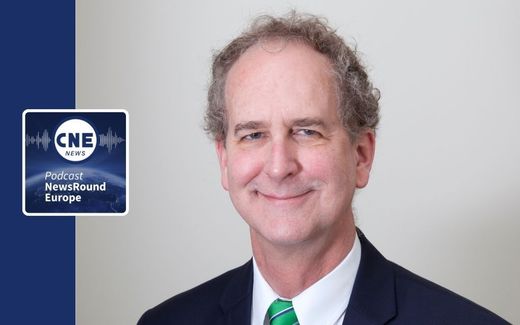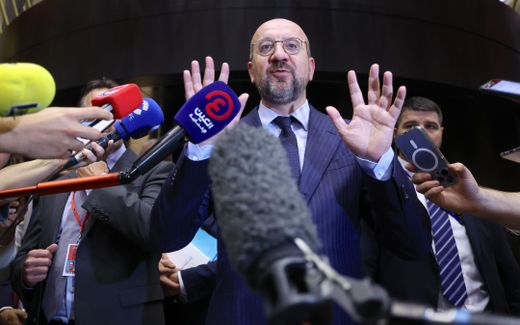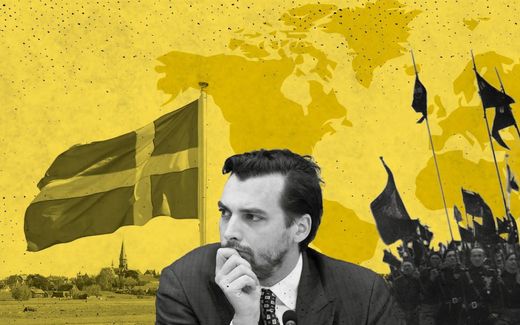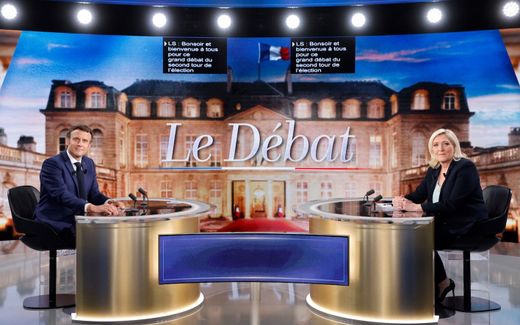Conservatism is flourishing in Europe, but for how long?
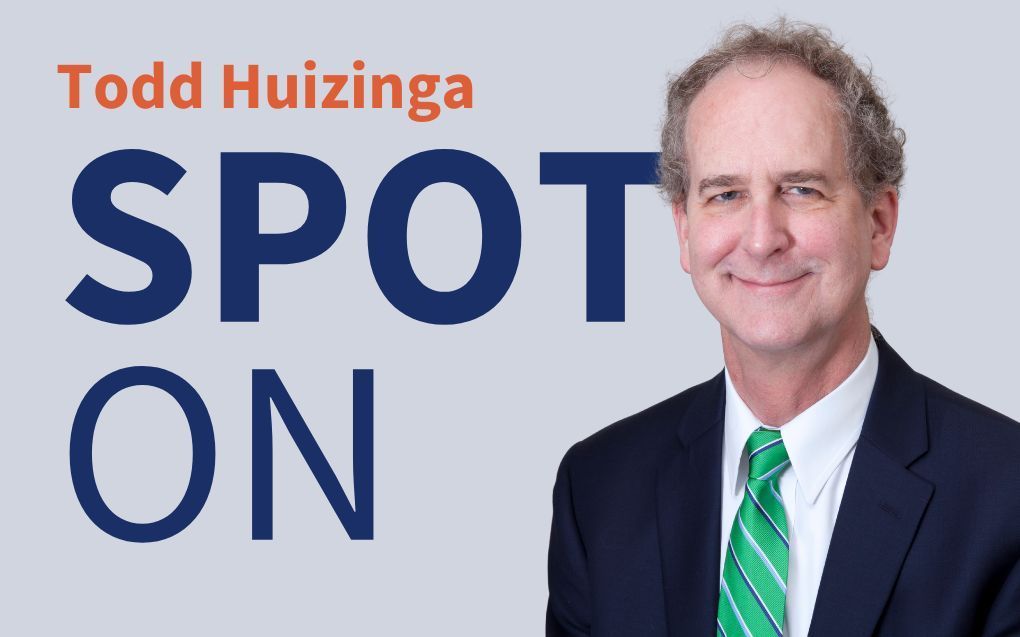
Photo Canva.com
Opinion
In Europe and North America, change is afoot. The conservative right is blossoming. How sustainable is this development?
Stay up to date with Christian news in Europe? Sign up for CNE's newsletter.
In many European countries, the national-conservative right is surging. The reasons people have chosen this direction are mainly political and not cultural or religious. Traditional conservatism remains a minority in Europe, and it needs the Christian faith to sustain it. Is there a chance that populist conservatives become culturally traditionalists?
In the U.S., we have Donald Trump. Most voters heartily approve of his immediate turnaround of the Biden government's leftward lurch. For example, most Americans reacted with joyful relief to his order that the U.S. government henceforth recognises only two sexes—male and female.
This, in addition to accomplishments such as Trump's quick restoration of control on the U.S.-Mexico border, gives many the sense that the U.S. is back on track despite Trump's sometimes puzzling outbursts.
Almost everywhere in Europe, the national-conservative right is surging. Orban, Meloni, LePen, Farage, the AfD, Geert Wilders, Herbert Kickl and the FPÖ—to say nothing of the Sweden Democrats, the Finns Party, the Belgian Vlaams Belang, the Portuguese Chega, and even the Spanish Vox—have all either won elections or garnered far more votes than ever expected.
Mainstream parties' efforts to label the "populist" conservatives as far-right and thereby shame people into withholding their support are failing.
The establishment centre-right has been forced to appear at least tougher on uncontrolled immigration.
The new conservatives also exert a tremendous influence on the policies of the parties trying to exclude them. The establishment centre-right has been forced to appear at least tougher on uncontrolled immigration and to act as if it prioritises a healthy economy over the Green Deal's costly overregulation of business.
What is behind this?
Andrew Breitbart, the pioneer of activist online journalism, famously said that politics is downstream from culture. Does this catchphrase apply to these changes? Is deep cultural change the motor of the huge political shift we are experiencing?
For the moment, the data doesn't seem to support that. In the U.S., the divide is still about fifty-fifty between religious-cultural traditionalists—those who hold to the Christian faith or at least adhere to Judeo-Christian values—and secular cultural liberals or progressives. In the West's traditionally most religious country, lack of religious affiliation is steady at around 28 per cent—more than a quarter of the population.
Nominal
What about Europe? First, it is important to remember that while a slight majority in the U.S. might be consistently conservative, traditionalists remain a minority in Europe.
This sector of the population may be significant and growing, but it is still a minority. Also, while there are some signs of a renewed interest in religion, generally in conservative Catholicism or Protestantism, Europe remains a profoundly dechristianised continent. Most Christians are nominal and lack an understanding of the fundamentals of their faith. Additionally, the most noticeable reasons for the profound changes in Europe are political rather than cultural.
People like the traditional European way of life.
First, people judge their political leaders according to their performance. They are punishing their incompetence. The costly Green Deal, the deep changes in society resulting from unchecked immigration, the growing battle of politically correct politicians against free speech and its obvious contempt for voters —all of this has resulted in a dizzying loss of support for the political establishment.
Secondly, people are rejecting the patent absurdity of wokeism, which has become quite mainstream, and its revolutionary implications. People like the traditional European way of life and the mosaic of national traditions, languages and customs that thrive under the loose "big tent" of Europe's Judeo-Christian heritage.
Regardless of wokeism's central tenet, the plethora of genders and sexual orientations, most European people still intuitively know that men are men and women are women. They know that stable families, with a mother and father, are the natural and best way to raise children.
Politics does appear to be ahead of culture.
And thirdly, as for the European Union, though the dream of peace through supranational governance remains compelling, the EU's crisis has taken on a permanent feel. It took off nearly twenty years ago with the financial crisis. It worsened with the migrant crisis and the increase in terrorism in Europe. It was laid bare by Brexit, then exacerbated by obsessive environmentalism and shaken to the core by Russia's aggression in Ukraine.
Political change
To make things worse, the unresponsive and unaccountable EU abounds in all the incompetence, wokeism, authoritarianism and contempt for everyday people described above.
Politics does appear to be ahead of culture in this case. But both elements—culture and politics—are constantly at play and affect one another. Maybe political change will help change the culture. As always, the "swing voters," those in the middle of the muddle, are key. Can they be won over to cultural traditionalism? Right now, they are traditionalists only in the sense that they exist within a cultural tradition and reject the progressive political paternalism that threatens their freedom.
In the long term, good arguments won't be enough. A leap of faith is necessary.
They often don't think much about culture or politics; they just live their lives. They aren't religious, or at least strongly religious. They tolerate the EU, though they get tired of its top-down elitism. Can they be "converted" to true Judeo-Christian traditionalism—if conservative leaders make sound arguments on the importance of Judeo-Christian values to the Western way of life?
Maybe, but I fear they cannot. In the long term, good arguments won't be enough. A leap of faith is necessary. In a civilisation formed by Christianity, cultural traditionalism's only durable basis is Christianity. Real, Christian faith. The Judeo-Christian West, as we know it, will not long survive without the religious faith that sustains it.
Related Articles


